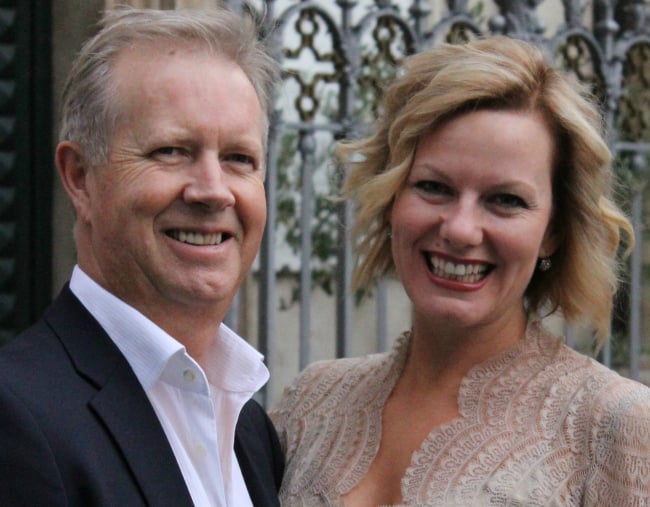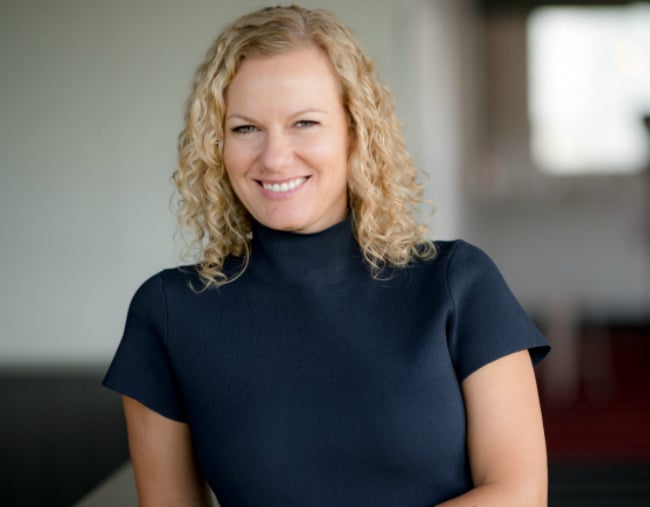
For nine months, Michelle Cox fought to be taken seriously.
When she was 30, the Sydney woman’s doctor misdiagnosed her cancer for so long that it cost her fertility.
September is International Gynaecological Cancer Awareness Month. Every day four women in Australia die from a gynaecological cancer and 16 more are diagnosed. There are currently more than 18,400 women living with these cancers.
There are seven gynaecological cancers – ovarian, uterine (endometrial), vulvar, vaginal, cervical and two rare pregnancy cancers. Ovarian cancer has the poorest outcomes, with only one third of women surviving five years following diagnosis.
Michelle, now aged 46, told Mamamia had a history of cancer in her family – her grandmother and mother both died of the disease – so she was always vigilant with checks.
At 29 she had an ‘abnormal pap’ and had a cone biopsy to remove abnormal cells from her cervix.
Not long after, at age 30, Michelle started noticing weird symptoms including watery discharge and a distended stomach. Having only recently moved to Sydney, Michelle went to a new doctor for treatment and was diagnosed with thrush.



Top Comments
My god I hope the GP who kept brushing her off re-thinks her attitude and learns from this. we know our bodies and know when something isn't right. An old high school friend of mine spent two years trying to get answers for why she was feeling rubbish. She was told she had to change her diet, she had a fatty liver, she needed to exercise more (she's not overweight at all).
Cut to a mini break with her hubby in Innisfail and she went to the ED. They finally worked out she had bowel cancer. Stage 4. That was 12 months ago. This week her oncologist has said they can't do anything more. She's 34 and will be leaving behind two kids. Breaks my damn heart.
That is utterly devastating! After 8 months of seeing doctors and even being told the problem was depression, my mum was diagnosed with stage 4 Brest cancer. I read a study which found men with the same symptoms are more likely to be taken seriously than women - this must change.